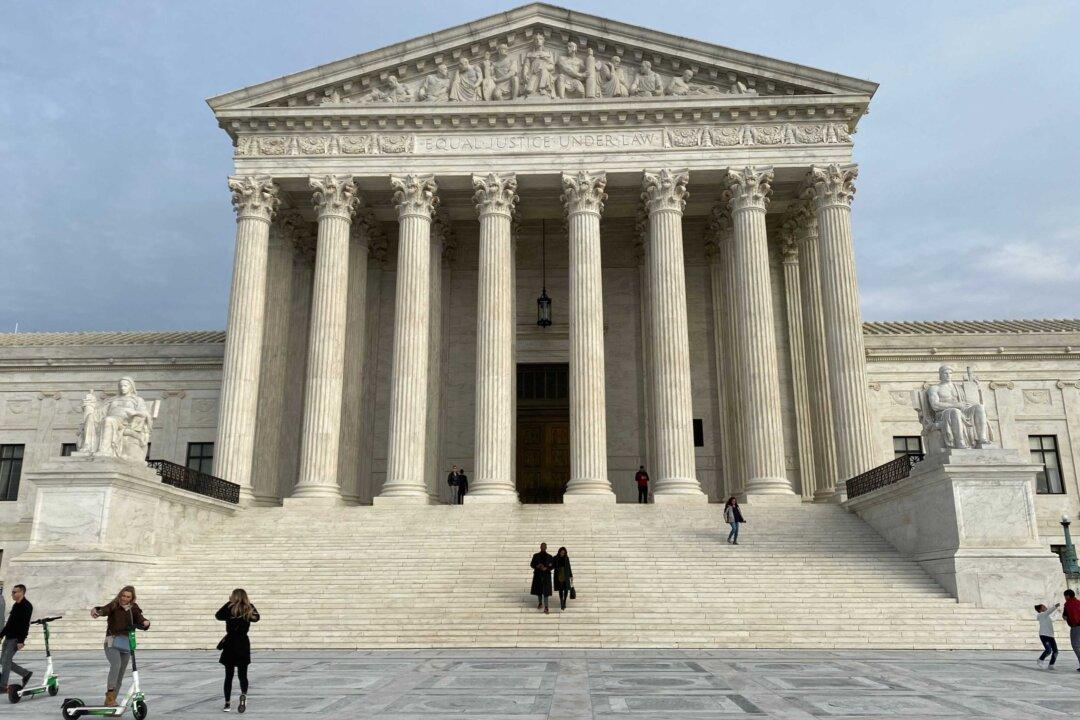A Southern Californian church’s fight to hold in-person church services amid the pandemic has reached the U.S. Supreme Court after the church filed an emergency appeal asking the justices for relief from Gov. Gavin Newsom’s lockdown measures.
Attorneys for South Bay United Pentecostal Church and Bishop Arthur Hodges requested on Sunday the top court to intervene in the case by granting an injunction against Newsom’s order that bans in-person church services. Although the state is at stage two of its re-opening plan, in-person religious services will only be allowed during the third phase of the plan, along with other “higher risk workplaces.”




